If it’s worth saying, but not worth its own post, here's a place to put it.
If you are new to LessWrong, here's the place to introduce yourself. Personal stories, anecdotes, or just general comments on how you found us and what you hope to get from the site and community are invited. This is also the place to discuss feature requests and other ideas you have for the site, if you don't want to write a full top-level post.
If you're new to the community, you can start reading the Highlights from the Sequences, a collection of posts about the core ideas of LessWrong.
If you want to explore the community more, I recommend reading the Library, checking recent Curated posts, seeing if there are any meetups in your area, and checking out the Getting Started section of the LessWrong FAQ. If you want to orient to the content on the site, you can also check out the Concepts section.
The Open Thread tag is here. The Open Thread sequence is here.
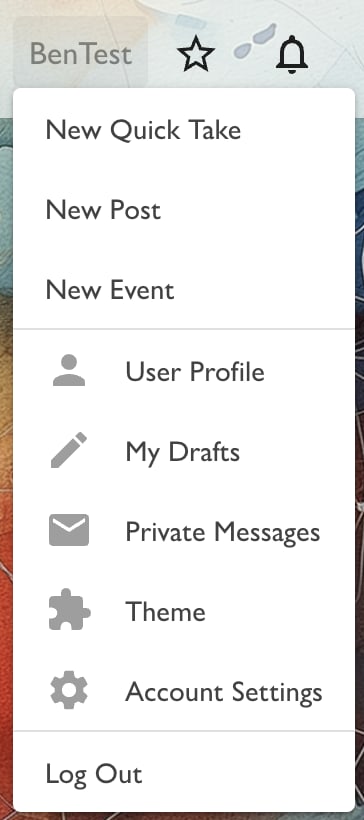
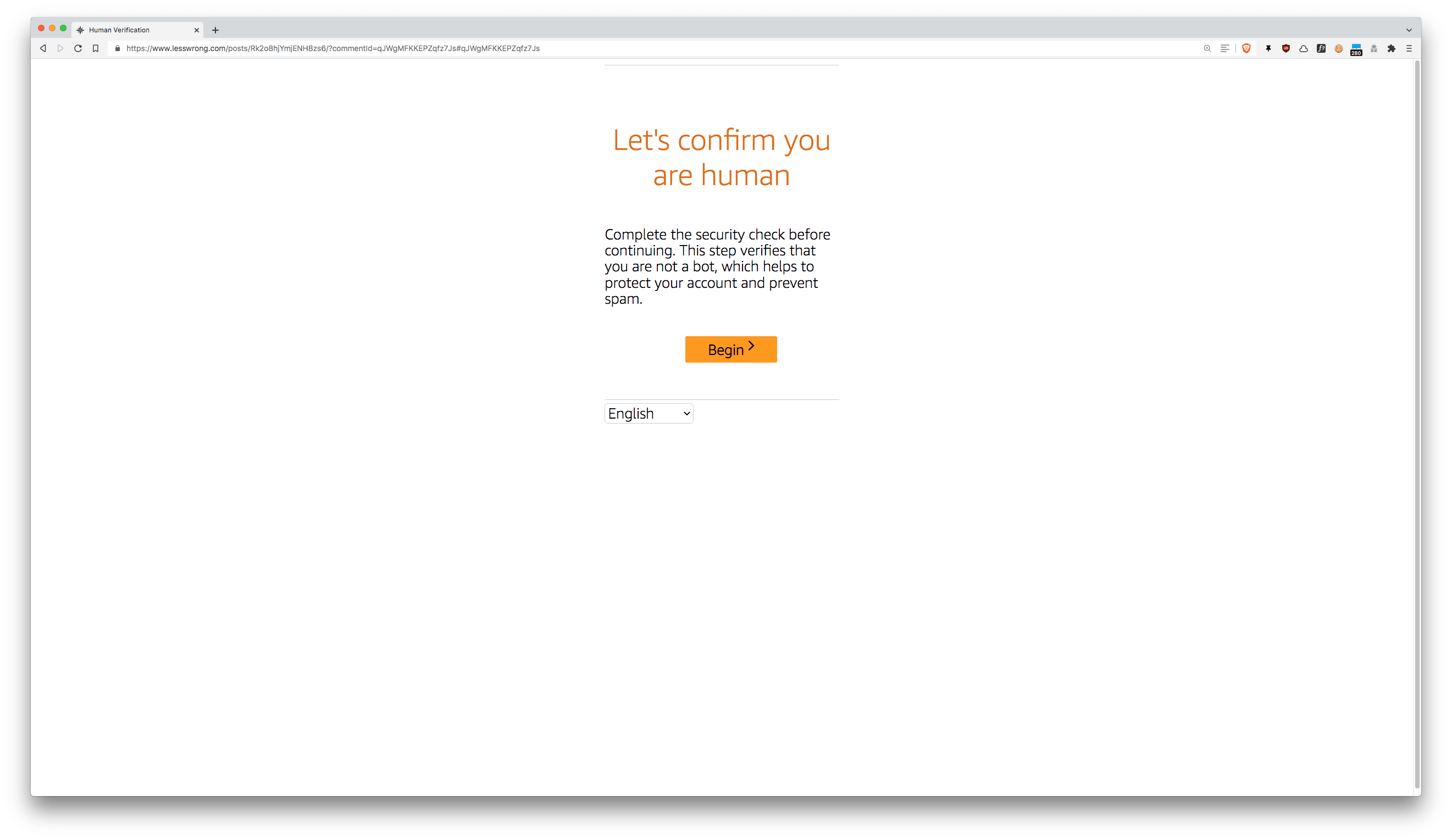
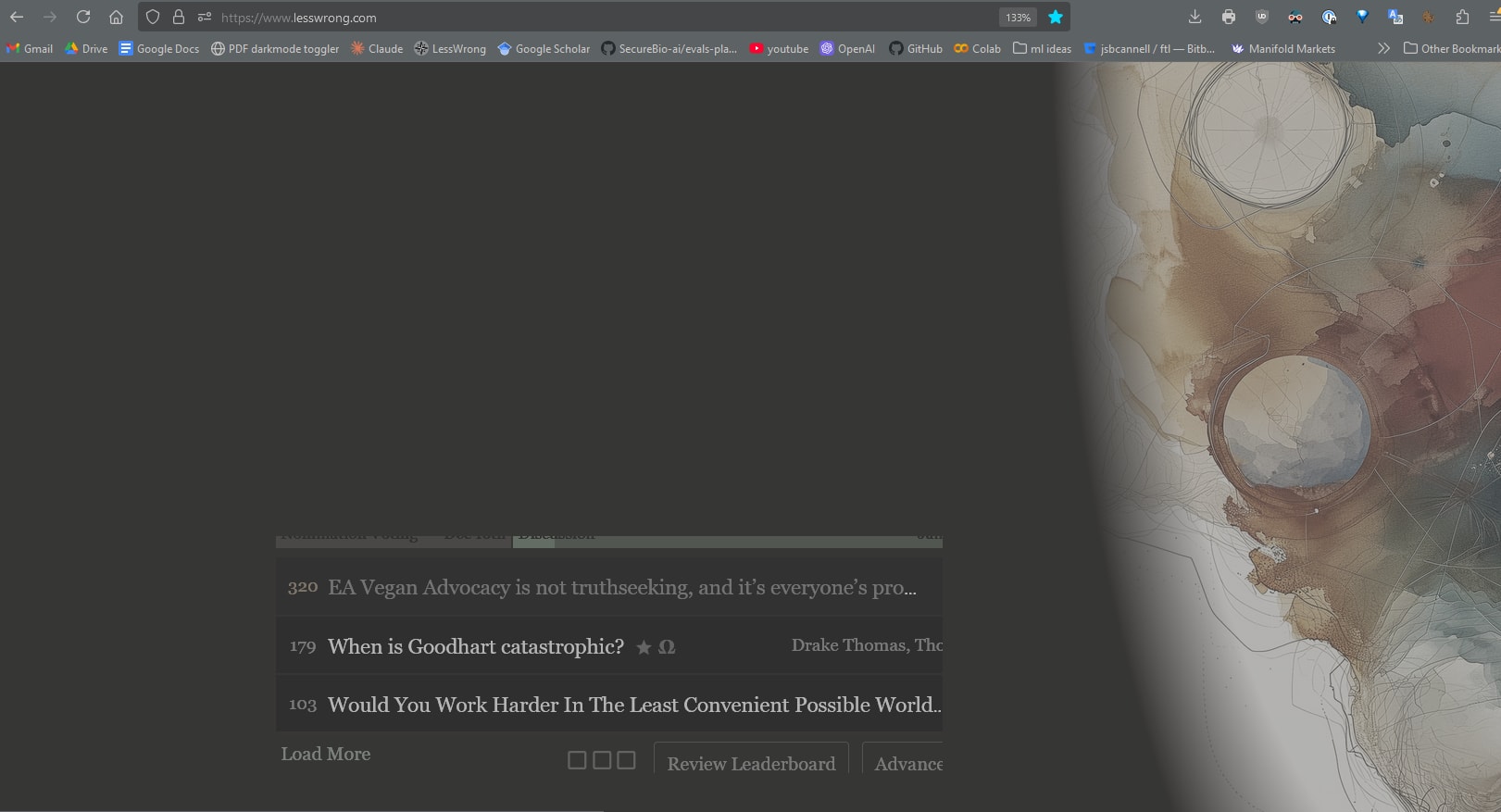
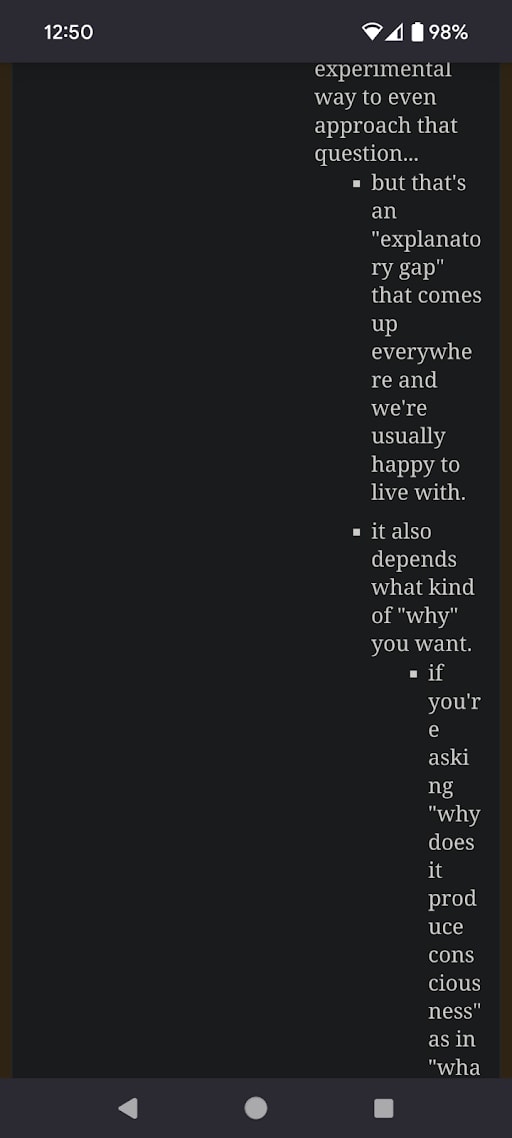
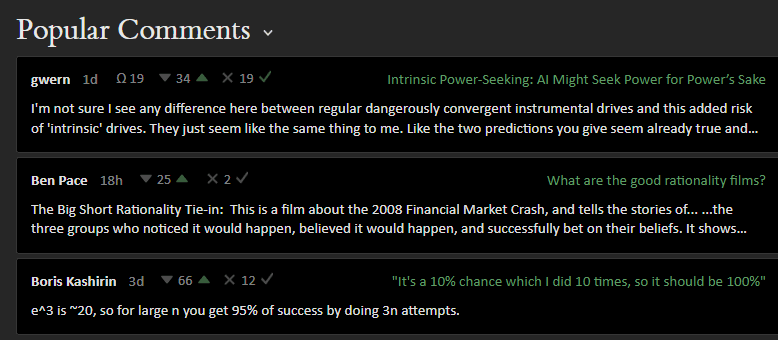
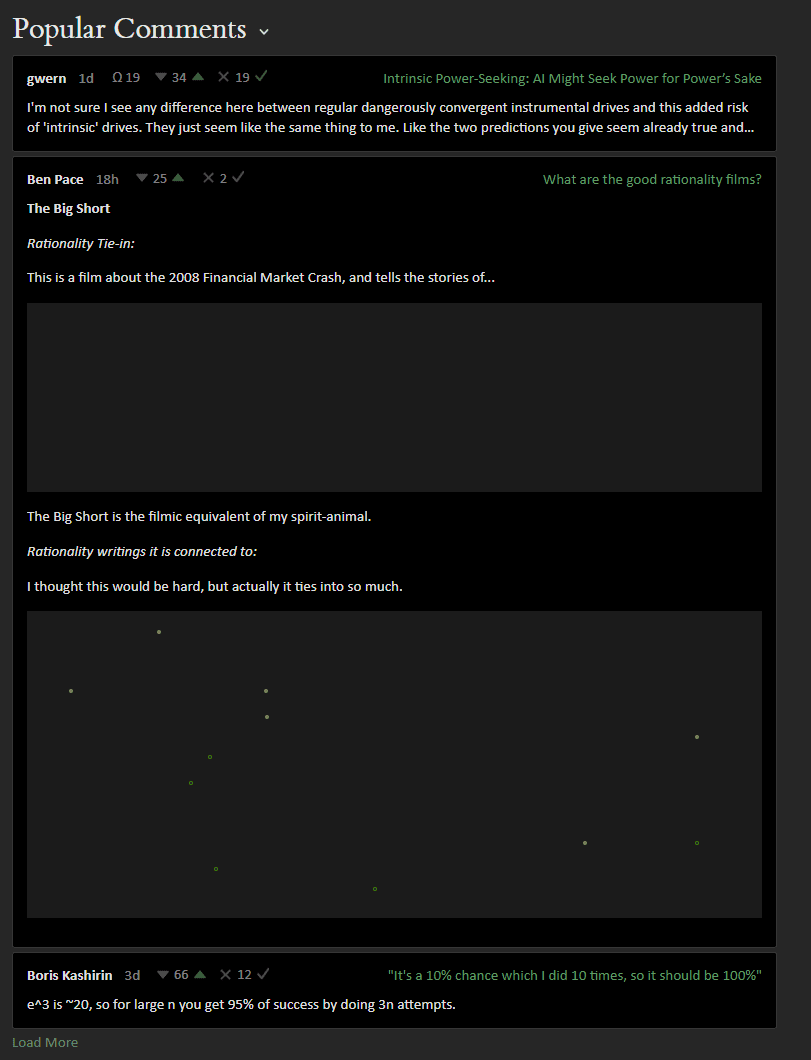
Hello :)
I'm here fundamentally to get some constructive criticism on how to improve internet discourse. This came about when I was writing a journalistic piece on the recent congressional subcommittee, and trying to get to the bottom of the lab-leak evidence as part of the research.
In short, I'm floating the idea of a crowd-sourced and written, peer-reviewed medium on subjects like conspiracy theories (AKA: revisionist history that's still political). With a solid framework, gatekeeping could be avoided and real people (not just professional intellectuals) could participate. Thus helping remove the biases (real and imaginary) that exist in typical journalistic and corporate information, and give people a better chance to engage logically and synthesize arguments themselves. I don't see many tools for people to forward ideas based on the merit of logic in a space that is dominated by sensationalism, at best. Yet discourse about these topics more than anything else fundamentally combats propaganda and misinformation. There's also the benefit of having a robust literature that could then be rapidly queried using an AI analogous to scispace, something that political and activist information has fallen behind on.
We've had peer-reviewed journals for science since the 18th century and it revolutionized knowledge availability. We need a human rights revolution now, and there should be a way to separate the alchemists from the scientists here too.
Since my idea is radically rationalist, I figured I'll get feedback instead of my usual browsing here. Look for my essay soon. Till then, have ya'll seen anything like this in practice, even historically? Insights from the academic alt-publishing world? If there's other essays along similar lines, or discussing how internet discourse works in general please send it my way.
Sam Garcia, California